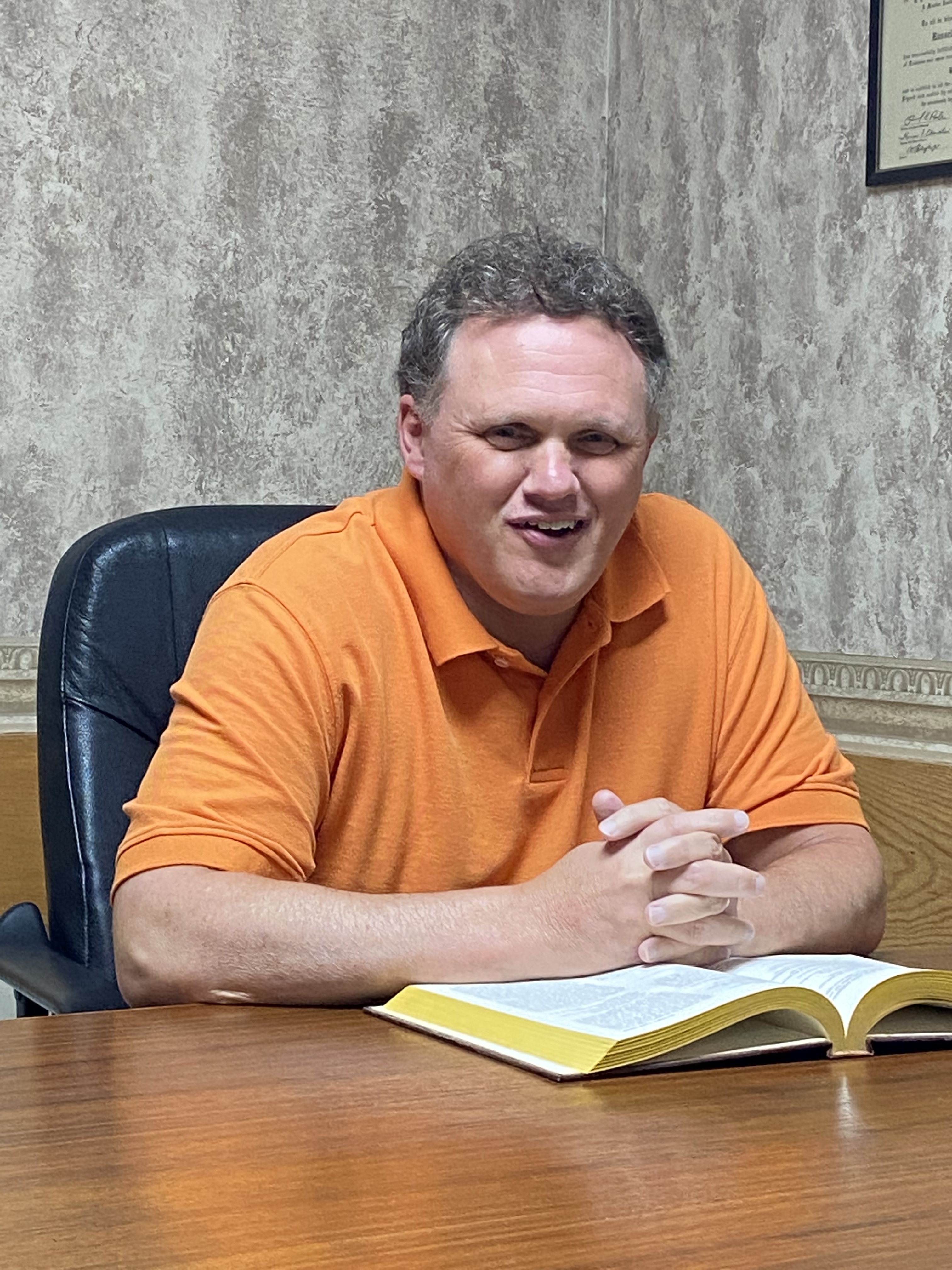Who prayed true prayers to the true God in the days of the Old Testament? Well, we must keep in mind that God didn’t reveal Himself in that era as fully as He would in the New Testament era. Therefore, the answer is: In Old Testament days, it was the people of Israel who got prayer right as they prayed exclusively to their one “LORD.”
This title “LORD” is the translation of four Hebrew consonants, the English equivalent of which would be: Y-H-W-H. “YHWH” is used thousands of times in the Old Testament as the name of God. Unfortunately, how we got from the Hebrew name “YHWH” to the English name “LORD” is very confusing. I will, however, make an attempt to give you the basics of the process.
First, we begin with the fact that the earliest form of Hebrew writing didn’t use vowels. While the Jews did use vowels when speaking Hebrew words, they didn’t use them when they spelled out those words. Consequently, the simple consonants “YHWH” are all that are given for this particular name of God in the Old Testament text. Our modern English translations of the Old Testament indicate this specific name’s use by capitalizing all the letters in “LORD.” For example, the next time you read David’s opening line to Psalm 23 notice that the word “LORD” is in all caps. This is the way our English translations attempt to convey that the Hebrew name for God that is being used is the famous “YHWH.“
Second, to further complicate matters concerning the Old Testament’s primary name for God, sometime around 300 B.C. the Jews stopped pronouncing the name out loud whenever they read from the Old Testament. Why did they do this? They did it because they considered the name too holy to even speak and didn’t want to run the risk of breaking the commandment about taking it in vain. So, whenever they came to “YHWH” in their reading, they spoke the name “Adonai” instead. In Hebrew, “Adonai” means “Lord.”
But then a tragic thing happened. With the death of the last Jew who had actually heard the name “YHWH” pronounced aloud using the proper vowels, the correct way to pronounce it was lost to history. This left the Jews, not to mention everybody else, to attempt to guess at not only the correct way to pronounce the name but also the correct vowels — the Jews did eventually start incorporating vowels into their writing — to add to its spelling to make the pronunciation sound as it should. Unfortunately, the entire world has been dealing with this problem ever since.
Third, at some point, the Jewish scribes took the Hebrew vowels from “Adonai” and combined them with the consonants “YHWH,” and from this combining came the name in Hebrew “Yahweh.” Later on, the result of this combining was translated from Hebrew into Latin, and from this translating came the name “Jehovah.”
Now, I realize that this is all pretty confusing, but please don’t get bogged down in the translation minutia. The main point of this post is that during the days of the Old Testament the Jews were the people who prayed legitimate prayers to the legitimate God. They prayed to their “LORD” (“Yahweh,” “Jehovah”). Deuteronomy 6:4-9 is the Jewish Shema, their ancient confession of faith. Even now devout Jews recite its words twice a day. And the heart of the passage is found in verse 4: “Hear, O Israel: The LORD our God, the LORD is one!”
In light of the Shema, Old Testament believers prayed to the one “Lord” of Israel. Scripture’s examples of such prayers are far too numerous to list, but perhaps the most famous is the prayer King Solomon prayed to dedicate the Jewish temple (1 Kings 8:22-53). That prayer covers thirty-two verses! So, to sum up, if the question is, “Who prayed true prayers to the true God in the days of the Old Testament?” the answer is: The Jews and any Gentiles who had enough spiritual light to pray to Israel’s one true God.

